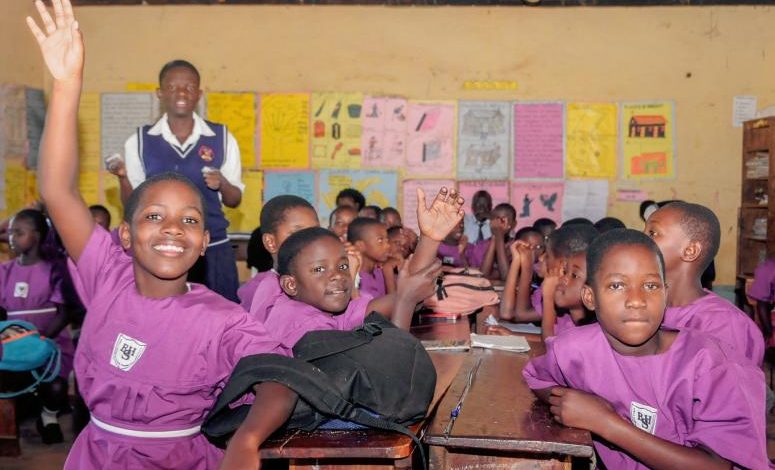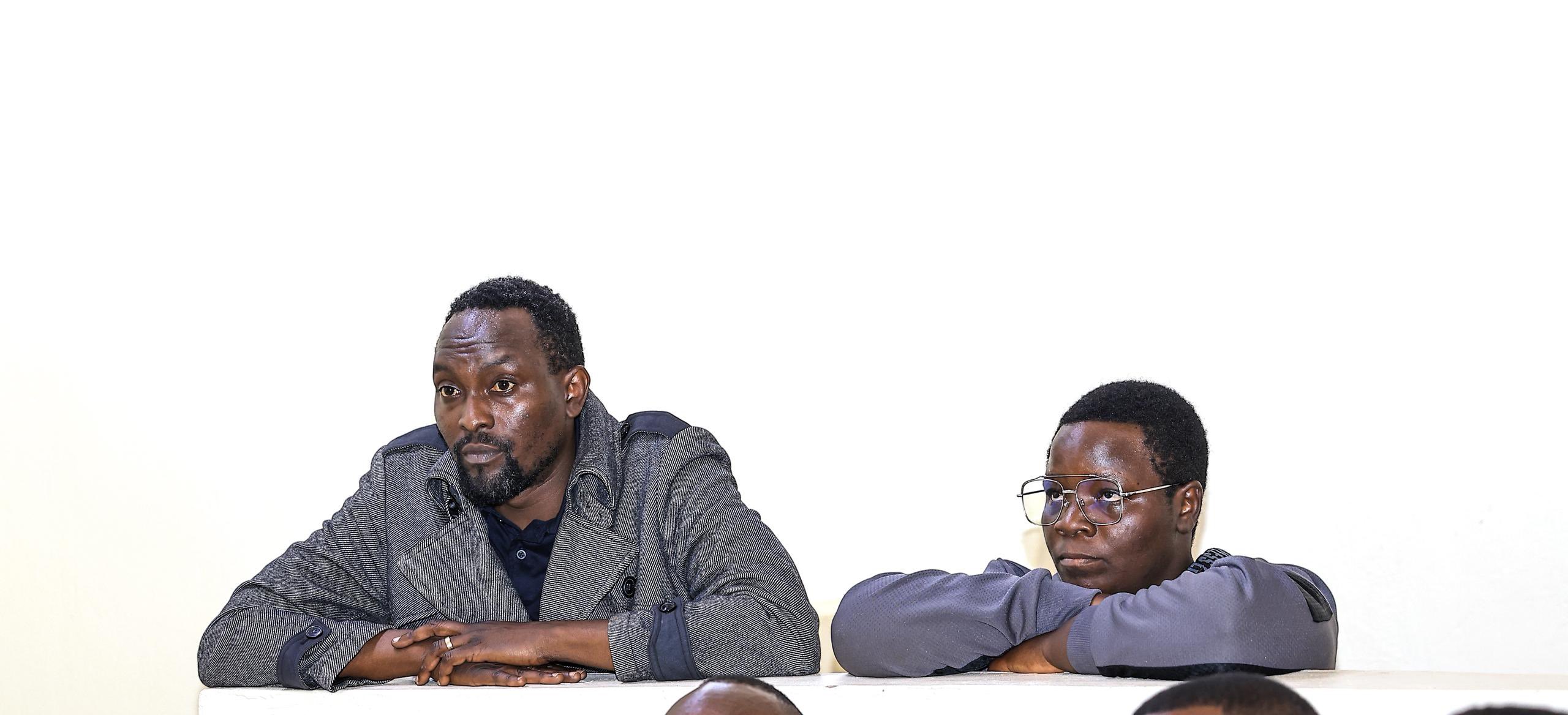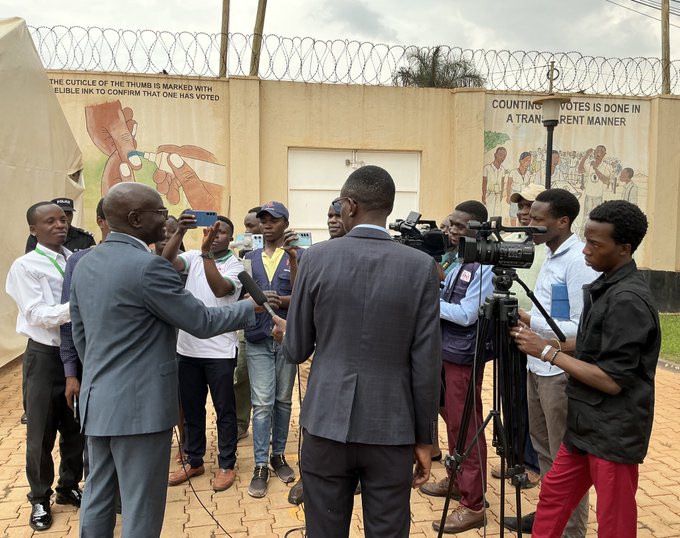Uganda celebrates 25 years of UPE success as pupils reach 8.6m in 2023
The programme that provides free education in government primary schools commenced in 1996 with 2.5 million learners enrolling.

The Ministry of Education and Sports (MoES) is celebrating 25 years of Universal Primary Education (UPC) in Uganda.
The programme that provides free education in government primary schools commenced in 1996 with 2.5 million learners enrolling.
The numbers, according to the ministry & Uganda Bureau of Statistics (UBOS), have since gone up and now stand at 8.6 million in 2023.
The ministry said the increase is a sign that the government has accorded an opportunity to many children in the country who would have been in villages without acquiring education.
Ismael Mulindwa, the Director of Basic and Secondary Education at the ministry, told journalists at Uganda Media Centre this morning, that the government launched UPE to provide free education to all children in the country.
Since then, significant progress has been made in improving access to education, he said.
He added that over the past 25 years, the Ugandan government has invested heavily in education infrastructure, teacher training, and curriculum development and also implemented various policies and programs aimed at increasing access to education.
“As a country, we are on course to ensure inclusive and equitable quality education and promote lifelong learning through universal education from Primary to Secondary levels.
In this way, we have been able to restore Gender parity with the enrollment of females and males almost balanced,” he said.
Mulindwa highlighted that the pupil-teacher ratio, which gives an indication of contact between pupils and teachers in classrooms, has improved along with large quantities of learning materials disbursed in schools.
He noted that in 1993, there were 37 pupils per book, compared to today’s 3:1 for P3 and P4, for core subjects. The supply of these books has reduced the pupil–textbook ratio.
In terms of achieving gender equity, there is evidence that UPE has contributed to increased equity in education.
“The post-UPE period witnessed a narrowing gap between the number of girls and boys enrolled in primary schools. The number of girls attending school has also increased, with the gender parity index improving from 0.88 in 1997 to 1.04 in 2021,” he added.
According to the ministry, the government has increased funding to the education sector; more classrooms have been constructed, teachers deployed and the number of primary school teachers has almost doubled in 25 years from 81,564 in 1996 to 136,819 in 2023.
Despite these achievements, there are still challenges to be addressed. Many children, especially those in rural and hard-to-reach areas, still do not have access to quality education.
UPE was introduced in January 1997, following a political commitment by President Museveni that the Government would meet the cost of primary education of four children per family.
This commitment was soon extended to allow all people that wanted to access primary education to do so.







